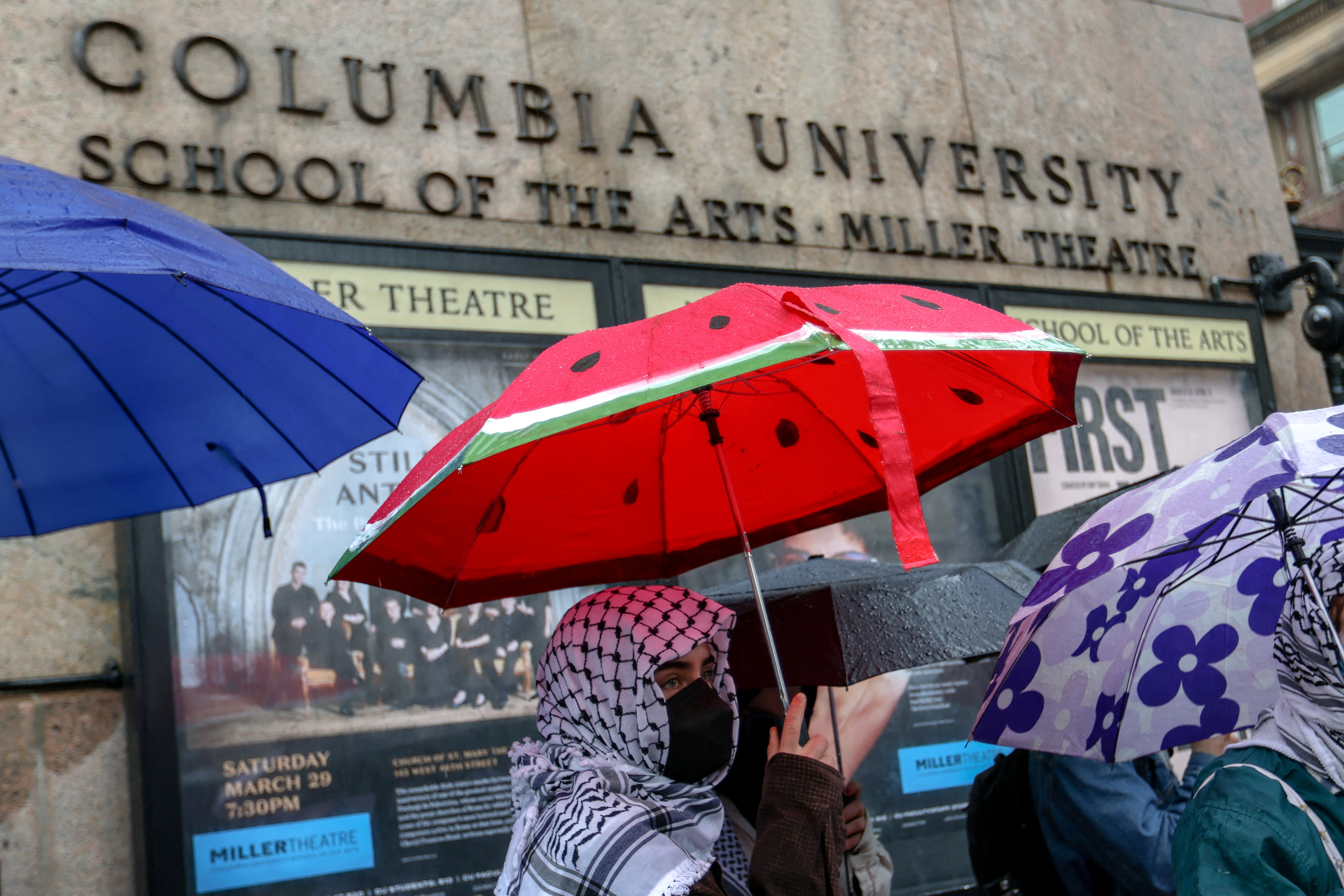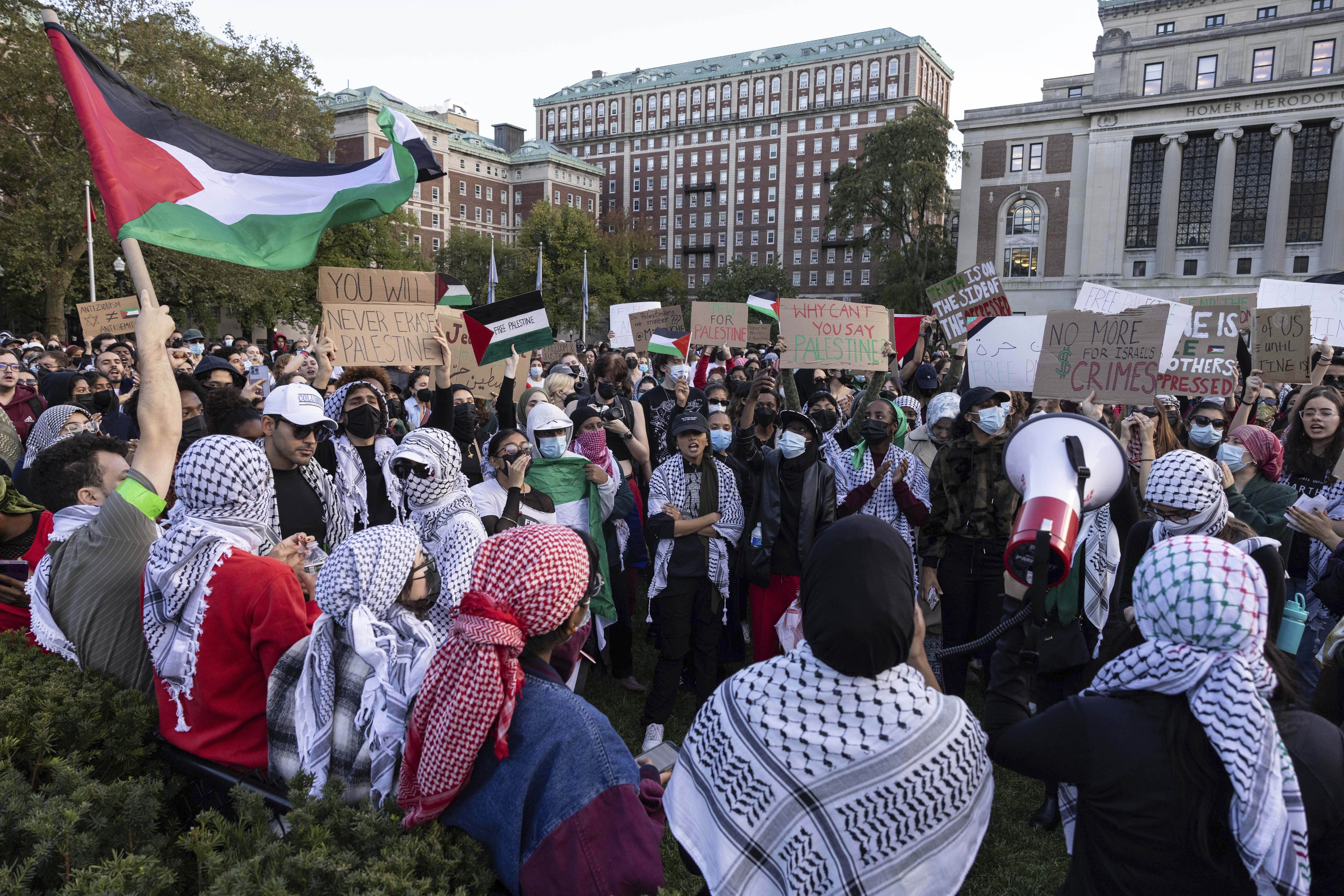Harvard University has dismissed faculty leaders at the Center for Middle Eastern Studies (CMES), according to recently surfaced reports.
CMES Director, professor of Turkish Studies Cemal Kafadar, and associate director, history professor Rosie Bsheer, were forced to leave by Interim Dean of Social Science David Cutler, The Harvard Crimson, the university's student newspaper, said on Friday evening.
Kafadar is reportedly on leave for the 2024-2025 academic year, with global health professor Salmaan Keshavjee taking the helm as the centre's interim director.
Kafadar and Bsheer will remain in their faculty positions.
The CMES has faced mounting criticism from university affiliates, who accuse the centre of antisemitic programming and a lack of representation of Israeli perspectives.
In response, Harvard has taken steps to distance itself from programmes under scrutiny for alleged bias or criticism of Israel.

Trump's pressure
The controversy comes amid pressure from the Trump administration, which has urged universities to overhaul or shutter programmes it deems problematic.
Other institutions have already begun making changes in response to the demands.
Harvard's School of Public Health recently suspended its research partnership with Birzeit University in the West Bank after repeated calls to sever ties.
A report released in May by the Harvard Jewish Alumni Alliance accused CMES of portraying Israel as a colonial settler state engaged in racism, apartheid and genocide.
The report criticised the centre for disproportionately focusing on the Israel-Palestine conflict at the expense of other regional issues.
It detailed a series of allegedly unbalanced events and programmes, including claims that Kafadar had expressed pro-Palestinian views to students.

Columbia's example
Many universities have been eyeing Columbia University's response to Trump's pressure over pro-Palestine protests that rocked the country's campuses last Spring.
Trump withdrew $400 million in federal funding from the university, pressing it to make policy changes to suppress pro-Palestine voices and voices critical of Israel, especially in its genocidal war in besieged Gaza.
The university yielded to his pressure last week and announced policy changes, including an overhaul to the campus protest policy, to restore the federal funding.
Columbia was a flashpoint in protests that began in 2024 and ran through the school year as students demanded an end to Israel's war on the besieged Gaza, and for their institutions to divest from the country.
The student-led demonstrations at Columbia quickly became a model for scholars on campuses nationwide as student encampments spread rapidly.



















